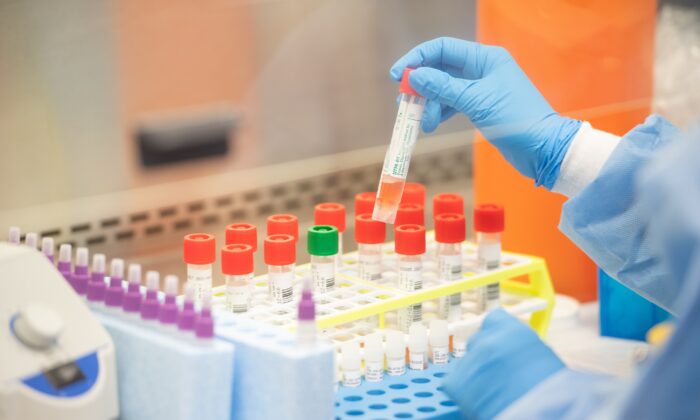The National Institute of Health (NIH) is beginning its clinical trial to use immune modulators as a treatment against COVID-19.
In a news release, the NIH stated that it has started its phase three testing on immune modulators to find out whether the treatment will be safe and efficient for patients with COVID-19, as some patients will undergo an experience called the cytokine storm—a state where the immune system will start producing excessive amounts of protein that will lead to inflammation.
This excessive generation of protein will cause the patient to undergo health problems such as acute respiratory distress syndrome, multiple organ failure, or various other life-threatening troubles.
Immune modulators are a class of drugs that aim to balance the immune system by means of activating, boosting, or restoring immune functions after damage has been caused by a virus or disease.
“Immune modulators provide another treatment modality in the ACTIV therapeutic toolkit to help manage the complex, multi-system conditions that can be caused by this very serious disease.” Said Francis S. Collins, the director of the NIH.
The aim of the clinical trials will be to determine whether immune modulators will be able to help reduce the number of patients who require ventilators and shorten their length of stay at a hospital. Furthermore, the trial will also help determine whether the immune modulator therapeutics will be able to help keep the immune system in check.
The trial, which has been given the name of ACTIV-1 Immune Modulators (IM), is part of the Accelerating COVID-19 Therapeutic Interventions and Vaccines (ACTIV) initiative—which the NIH announced on April 17 as a way to “develop a coordinated research strategy for prioritizing and speeding the development of the most promising treatments and vaccines.”
ACTIV-1 IM is expected to recruit 2,100 hospitalized patients from the United States and Latin America with a COVID-19 infection ranging from moderate to severe.
According to the NIH, ACTIV-1 IM is a “randomized, placebo-controlled trial that uses an adaptive master protocol,” a system different from the traditional testing model (one drug against one diseased population in one trial), and allows for multiple drugs or treatment to be tested on a diseased population (pdf).
“This enables maximum flexibility to swiftly weed out drugs that do not demonstrate effectiveness, identify those that do in a short time frame and rapidly incorporate additional experimental agents into the trial,” according to the NIH.
Initially, the trial had 130 immune modulators, and through careful review through various factors such as their relevance to COVID-19, their ability to battle against cytokine storms, and their large-scale clinical trial availability, three immune modulators have been chosen to be used in the ACTIV-1 IM trial.
The current immune modulators being used are “infliximab (REMICADE), developed by Janssen Research & Development, LLC., one of the Janssen Pharmaceutical Companies of Johnson & Johnson; abatacept (ORENCIA), developed by Bristol Myers Squibb; and Cenicriviroc (CVC), an investigational late-stage agent developed by AbbVie.”
Patients who are recruited for the trial will receive remdesivir, the standard treatment currently given to hospitalized COVID-19 patients, and during the trial will be either given a placebo or one of the three immune modulators as an add-on.
Through this trial, researchers will study the combination treatment to determine their efficacy.
“The innovative trial design will allow efficient evaluation of three different potential COVID-19 treatments concurrently, delivering new possible treatments for patients more quickly and valuable insights into the science of clinical translation,” said Christopher P. Austin, the director of National Center for Advancing Translational Sciences.
Focus News: NIH Announces Clinical Trials for Immune Modulators as Treatment for COVID-19
Irvine City Council Candidates Address COVID-19, Housing, Environmental Issues
